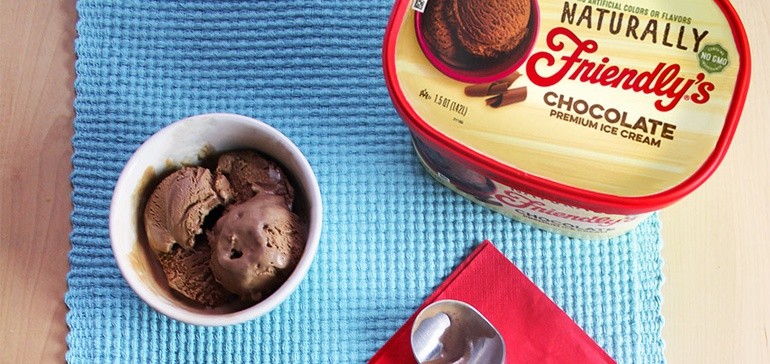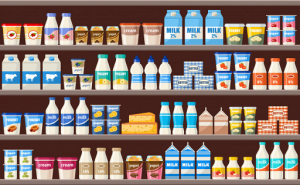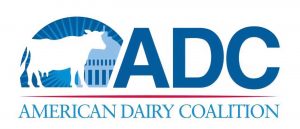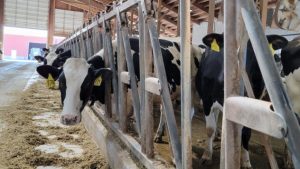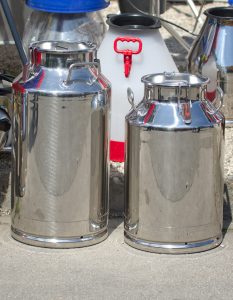
FDA said investigators found “serious violations” of the Current Good Manufacturing Practice, Hazard Analysis and Risk-Based Preventive Controls for Human Food regulation. In an FDA inspection two years ago, listeria was also found in the facility in Wilbraham, which manufactures ice cream products, syrups and fudge.
“We are absolutely taking action,” Anne Divjak, vice president of government relations and external communications at Dean Foods, told Food Dive in an email. She said the FDA did not find any positive results on direct food contact surfaces, but the company is enhancing sanitation and monitoring procedures throughout the plant.
Dean Foods just can’t catch a break. This has been turbulent year for America’s largest dairy producer with declining earnings and changing consumer demands leading to plant closures, a CEO change, a bankruptcy filing and a potential sale. On top of all that, the company is now facing pathogen contamination in one of its facilities.
Listeria can grow in cold temperatures, making it challenging to control in the food industry. Although it isn’t as common as other foodborne illnesses, it can be serious and even fatal in some cases. With the dairy category already struggling as it faces challenges from private label, alternatives and shifts in demand, companies should avoid giving consumers other reasons to stray away from milk products.
Although Dean Foods said it is taking action to remedy the situation, this isn’t the first time the agency found listeria there. In the letter, the FDA said lab analysis found the listeria discovered this year matched a strain found in the facility during the FDA’s 2017 inspection. The presence of the same strain of listeria found over several years can indicate there has been the pathogen in the plant since then. The FDA said this means sanitation procedures have been “inadequate” in minimizing or preventing contamination in the facility.
In addition to the listeria, the agency notes the factory didn’t take precautions to ensure all people working in direct contact with food used hygienic practices while on the job. In one instance cited in the letter, the quality assurance director at the facility was observed using his bare hands to push partially overturned sundae cups through a machine.
“Afterward your corporate Quality Assurance Director was observed licking ice cream off his bare hands,” the letter said.
Dean Foods, which acquired Friendly’s ice cream business in 2016 for $155 million, is not the only ice cream company that has struggled to keep listeria out of its plants. In 2016, California ice cream manufacturer and co-packer Dr. Bob’s shut down after reports that federal inspectors identified listeria in the company’s production facility and products. In 2015, Blue Bell recalled all of its products and shut down factories in Alabama, Texas and Oklahoma following a listeria outbreak that sickened 10 people in four states and was linked to three deaths. The company was fined $850,000 in Texas. Jeni’s Splendid Ice Creams also recalled all of its products in 2015 for potential listeria contamination.
But it’s not just ice cream. Tests done by Consumer Reports this year found listeria on six samples of greens randomly purchased at grocery stores. In 2016, TreeHouse Foods voluntarily recalled many products that contain sunflower seeds, which may have been contaminated with listeria monocytogenes bacteria. FDA began an investigation into a deadly listeria outbreak traced back to frozen fruits and vegetables from CRF Frozen Foods in 2016, which led to a massive recall of more than 350 frozen food products under 42 brand names. The facility blamed for the contamination shut down. And listeria in the Aspen Hills cookie dough plant in 2016 led to a recall of Blue Bell’s cookie dough ice cream.
The FDA has a zero-tolerance policy for listeria and takes immediate action when it is found — which could include recalling products. This would be especially bad for Dean’s business at a time when it is already struggling so much financially that it filed for bankruptcy.
Divjak said Friendly’s ice cream products are safe to consume, but Dean is taking the warning “very seriously.” She said the company will have enhanced employee training for all workers at the plant, consultations with a third-party food safety specialist and shutdowns of the plant on two occasions to chemically sanitize the facility. These actions could help the company maintain consumer trust.
Although Dean Foods is going through a lot with its bankruptcy proceedings and its discussions for a sale, the company needs to prioritize its manufacturing and product safety procedures. After all, Dairy Farmers of America, the potential buyer, might not be interested in acquiring a company with questionable safety procedures at one of its factories.
